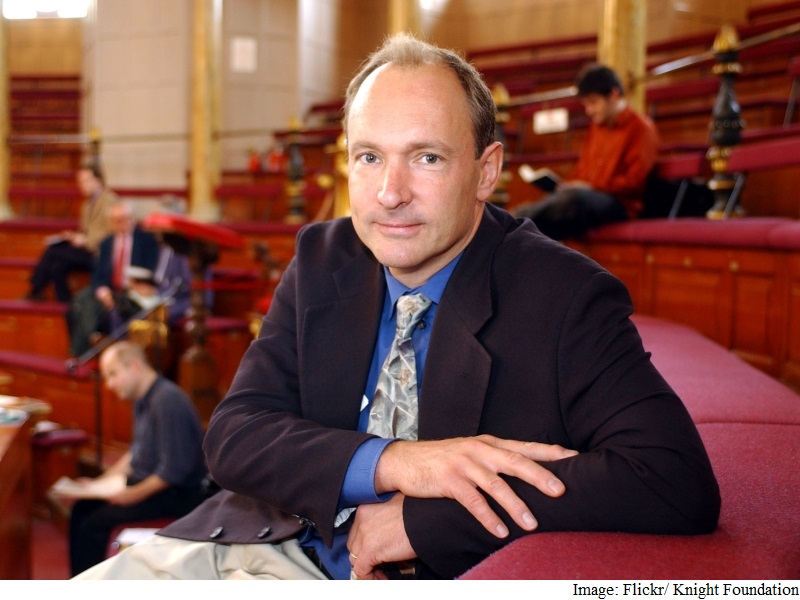Privacy on the Internet is becoming harder and harder to maintain as technology becomes more advanced. With our digital footprints becoming more and more widespread, the risk of identity theft and other crimes is increasing. The popularity of social media has skyrocketed since its inception, with hundreds of millions of users on Facebook, Twitter, Instagram, and YouTube daily.
Juan Enriquez introduced the concept of Electronic Tattoos, or a unique marking on someone's life based on the social media sites they use on a daily basis. My life is on full display based on my electronic tattoos, and it is truly terrifying how much someone can know about me without ever seeing my face. Additionally, facial recognition has gotten more advanced and other technologies are advancing with them.
As mentioned by Catherine Crump in her talk on government surveillance, there are thousands of license plate readers on just about every surface you could think of, and they are all active and taking pictures of anyone and anything without consent. All the information is stored in a massive server somewhere, and the government claims that it could be useful "someday" or "when needed." As it is today, it is an invasion of our privacy. This reality is hard to comprehend, but it is a reality we have to live with. I do not own a car, but my family owns cars and the government can easily find out where I went to high school, where I played my basketball games, and where I worked over the summer. The government does not need this information, so why are they keeping it?

Despite my best efforts, it seems that I will never be completely free and private from the government and independent hackers. In his talk, Andy Yen emphasized that nothing can be completely kept private, especially when information is being updated daily. Emails can reveal a lot about a person, such as who they talk to, who they work with, and what kind of subscription someone has. Email is simultaneously convenient and personal, and when one looks at it from a hacker's perspective, it is conveniently personal. So, what can we do about it? Luckily, there are some things people can do to prevent their private information from getting distributed and falling into the wrong hands.
One very useful resource is data encryption, or a translation of data into a separate code that can only be accessed by someone with the key to the encrypted data. This process makes sure that only people who know the specific key can access the data, and it is more difficult to obtain these keys. Data encryption is used in many situations, such as website and game development, computer security systems, and the distribution of confidential documents. Andy Yen has founded a very useful program called ProtonMail, an email server where every message sent or received is encrypted, and only the person who has the specific key can access the messages on the account. Yen believes that the Internet should not revolve around money and ad revenue, but instead around the protection of data. Money is the driving force of the Internet today, but it should not be the driving force for years to come. This website has reduced the risk of email leaks and identity theft for email, but there is still much more to be done.
Additionally, a very useful service that exists is a VPN, or Virtual Private Network. VPNs create more secure connections to the internet, allowing a user to access region-restricted websites and bypass connecting to public, unprotected WiFi networks. When a device connects to a VPN, the device establishes a connection to a private internet server that is completely secure. This makes sure that there is no need to connect to a private, unsecured internet server. It is incredibly easy to set up a VPN. Just create an account with a private server and create an encryption code to secure your data.
So, what steps can one take to make their lives more private? The short answer is, be smart! The amount of pop-up ads, fake download links, and Trojan horse viruses is immense, and it is so easy for someone to easily download a virus on their computer by complete accident. As someone who has accidentally downloaded a virus on my computer, I can attest to this. Antivirus technology can be expensive, but it is more expensive to remove a virus from a computer, as I can also attest to. The Internet is a wonderful invention and is definitely one of the most important inventions of the century, but it is also a pathway to so much destruction if one uses it wrong. Stay safe on the Internet, and you will keep your information safe.


